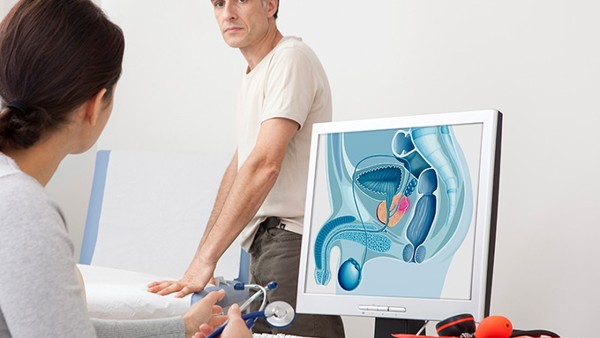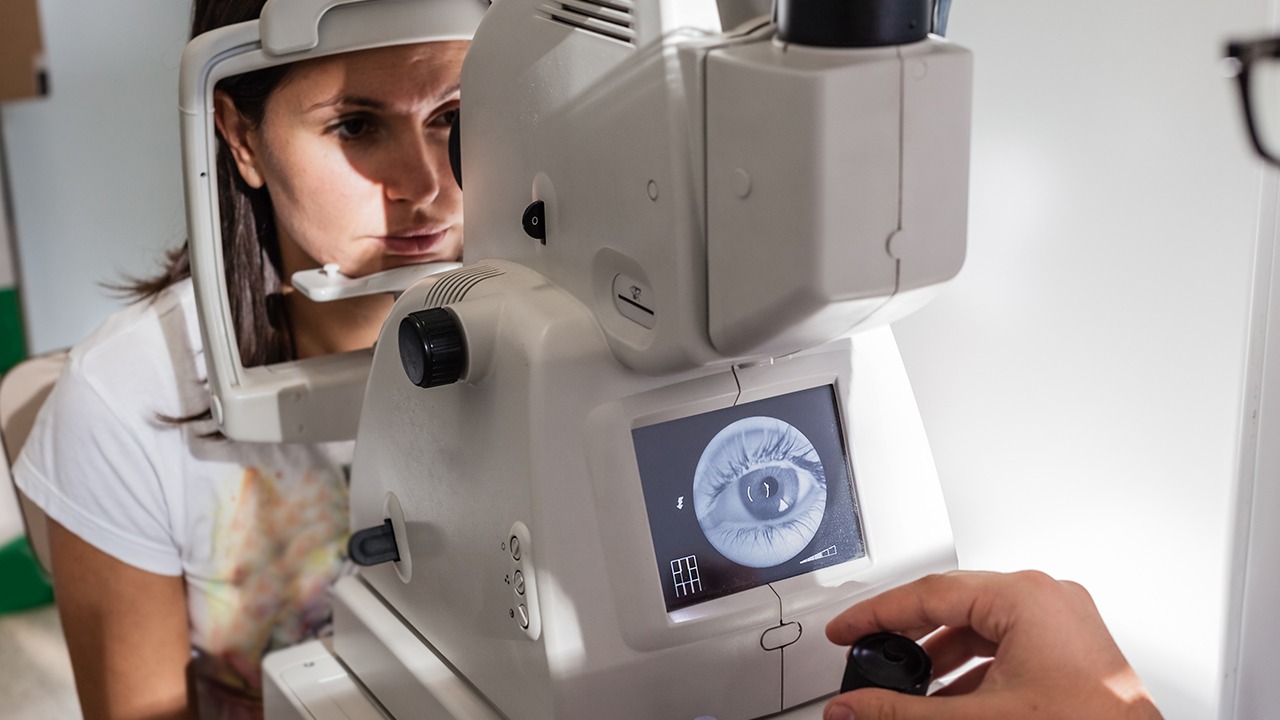What is the Cause of Acute Prostatitis?

Acute prostatitis is a bacterial infection of the prostate gland. It is a relatively common condition, affecting about 1 in 10 men at some point in their lives. Acute prostatitis is usually caused by bacteria that enter the prostate through the urethra. These bacteria can come from the bladder, the urethra, or the rectum.
Causes of Acute Prostatitis
The most common cause of acute prostatitis is a bacterial infection. The bacteria that cause acute prostatitis are usually the same bacteria that cause urinary tract infections (UTIs). These bacteria include:
Escherichia coli (E. coli)
Klebsiella pneumoniae
Proteus mirabilis
Pseudomonas aeruginosa
Staphylococcus aureus
Acute prostatitis can also be caused by other organisms, such as viruses, fungi, or parasites. However, these are less common causes.
In some cases, acute prostatitis can be caused by a non-infectious condition, such as:
Trauma to the prostate
Prostate surgery
Prostate cancer
Radiation therapy to the prostate
Risk Factors for Acute Prostatitis
There are several factors that can increase a man's risk of developing acute prostatitis. These include:
Age: Men over 50 are at an increased risk of developing acute prostatitis.
Race: African-American men are at an increased risk of developing acute prostatitis.
Sexual activity: Men who have multiple sexual partners or who engage in unprotected sex are at an increased risk of developing acute prostatitis.
Urinary tract infections (UTIs): Men who have a history of UTIs are at an increased risk of developing acute prostatitis.
Prostate enlargement: Men with prostate enlargement are at an increased risk of developing acute prostatitis.
Diabetes: Men with diabetes are at an increased risk of developing acute prostatitis.
Weakened immune system: Men with weakened immune systems are at an increased risk of developing acute prostatitis.
Symptoms of Acute Prostatitis
The symptoms of acute prostatitis can vary depending on the severity of the infection. Common symptoms include:
Fever
Chills
Muscle aches
Fatigue
Headache
Nausea
Vomiting
Pain in the lower back, groin, or rectum
Burning or pain during urination
Frequent urination
Difficulty urinating
Blood in the urine or semen
Diagnosis of Acute Prostatitis
Acute prostatitis is diagnosed based on the patient's symptoms and a physical examination. The doctor will also perform a digital rectal exam to check for swelling or tenderness of the prostate.
The doctor may also order some tests to confirm the diagnosis, such as:
Urinalysis
Urine culture
Blood culture
Prostate-specific antigen (PSA) test
Treatment of Acute Prostatitis
Acute prostatitis is usually treated with antibiotics. The type of antibiotic used will depend on the bacteria that is causing the infection. Antibiotics are usually taken for 10-14 days.
In some cases, the doctor may also prescribe other medications to help relieve the symptoms of acute prostatitis. These medications may include:
Pain relievers
Anti-inflammatory medications
Muscle relaxants
Alpha-blockers
In severe cases, the doctor may need to perform surgery to drain the prostate abscess.
Prevention of Acute Prostatitis
There are no surefire ways to prevent acute prostatitis. However, there are some things that men can do to reduce their risk of developing this condition, such as:
Practicing safe sex
Getting vaccinated against UTIs
Treating UTIs promptly
Avoiding trauma to the prostate
Maintaining a healthy weight
Eating a healthy diet
Getting regular exercise
Not smoking
Limiting alcohol intake
The above is all the content that the editor wants to share with you. I sincerely hope that these contents can bring some help to your life and health, and I also wish that your life will be happier and happier.
Topic: #the #is #what- • What is the relationship between kidneys and prostate
- • What to do if the umbilical cord wraps around your neck in late pregnancy
- • How to reduce the impact of colds on the fetus during pregnancy
- • The best dietary therapy for neonatal hypoxic-ischemic encephalopathy
- • Detailed explanation of the causes of neonatal hypoxic-ischemic encephalopathy















